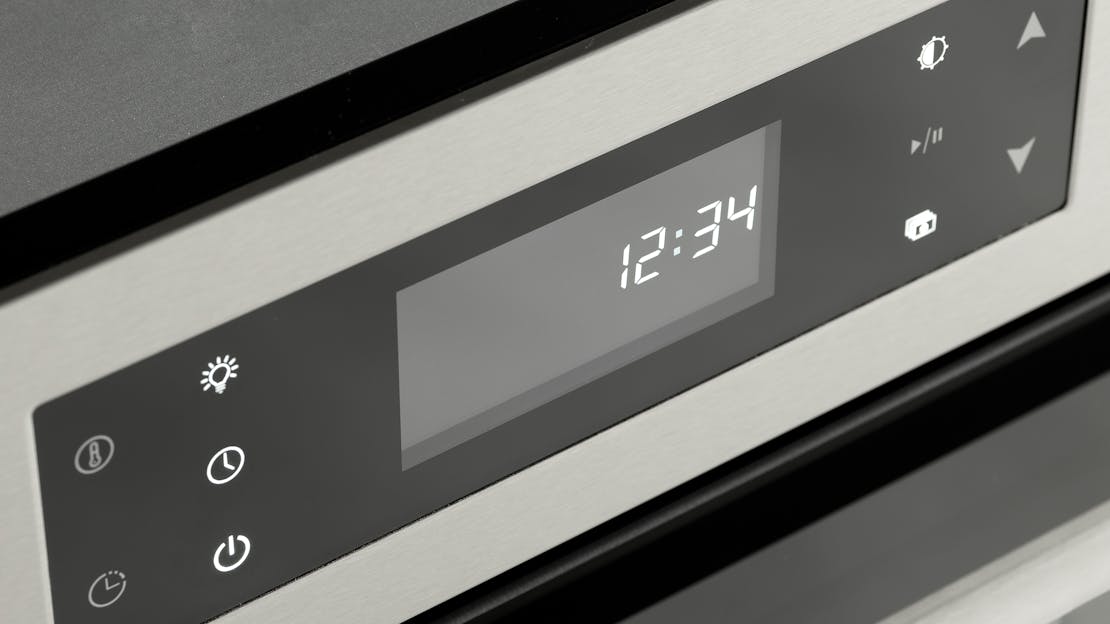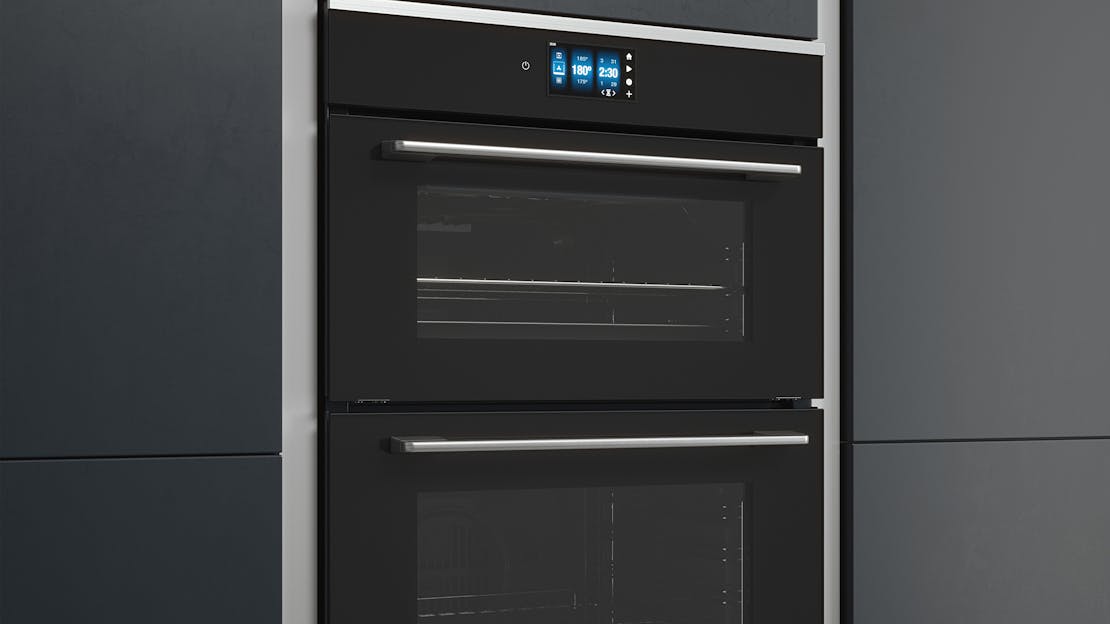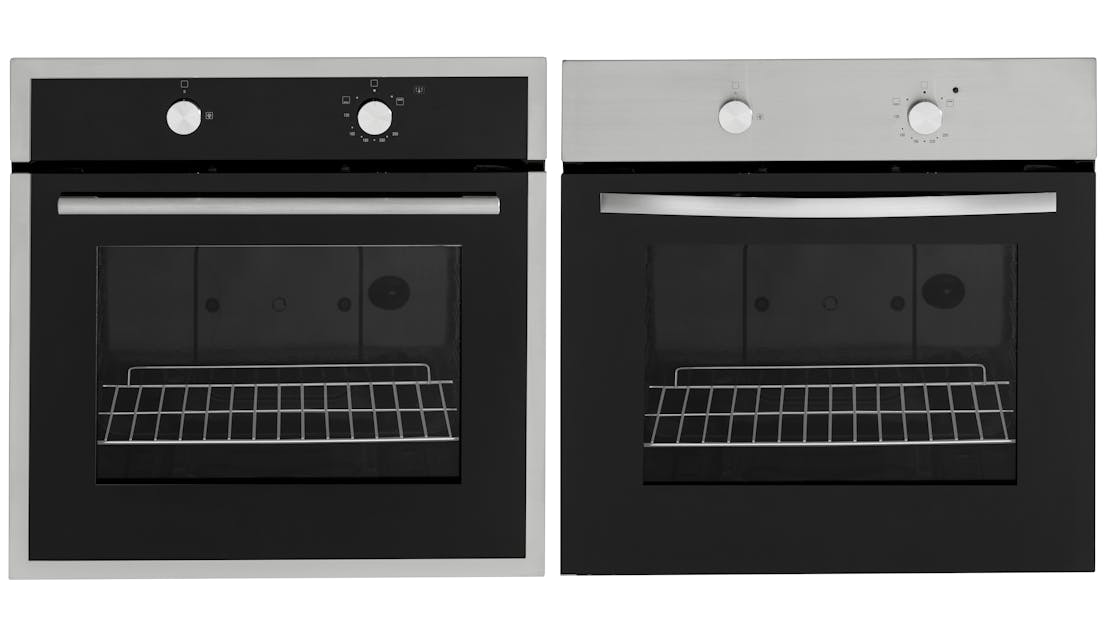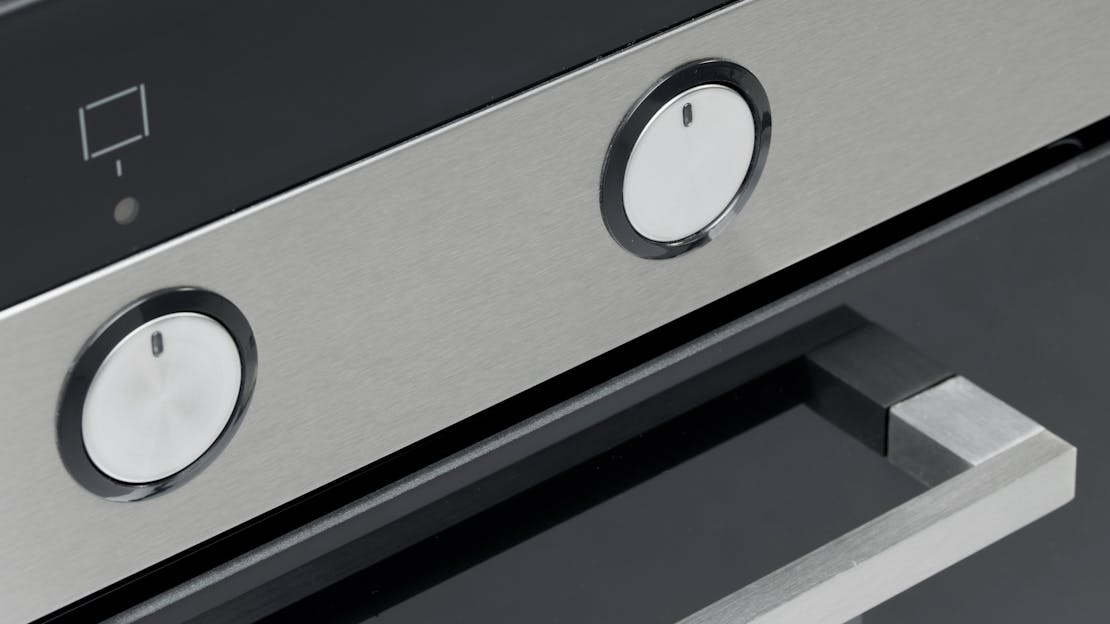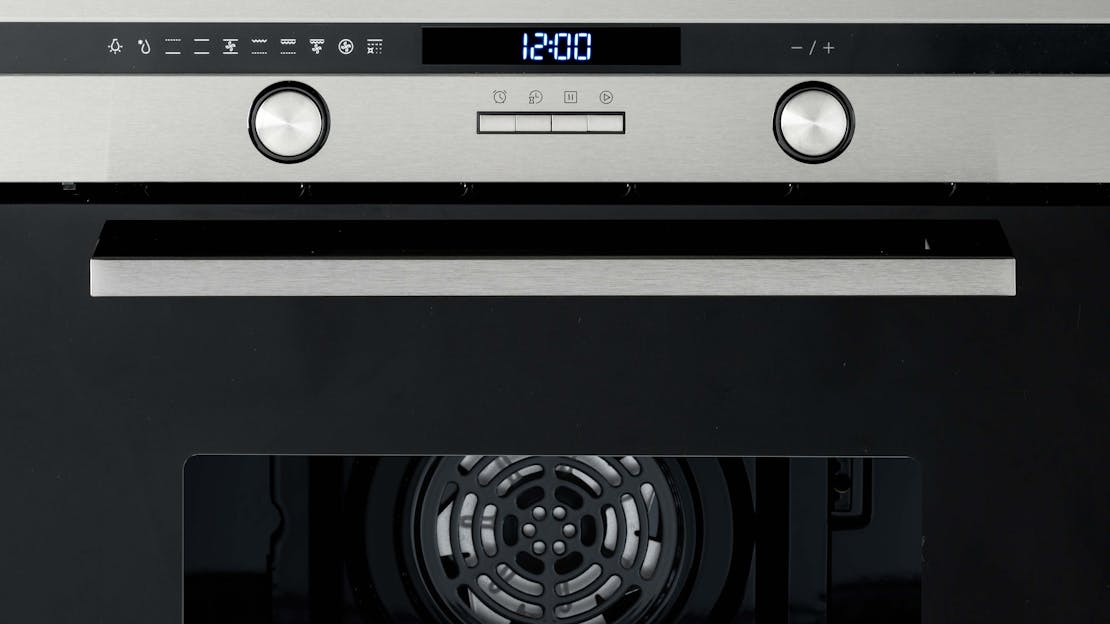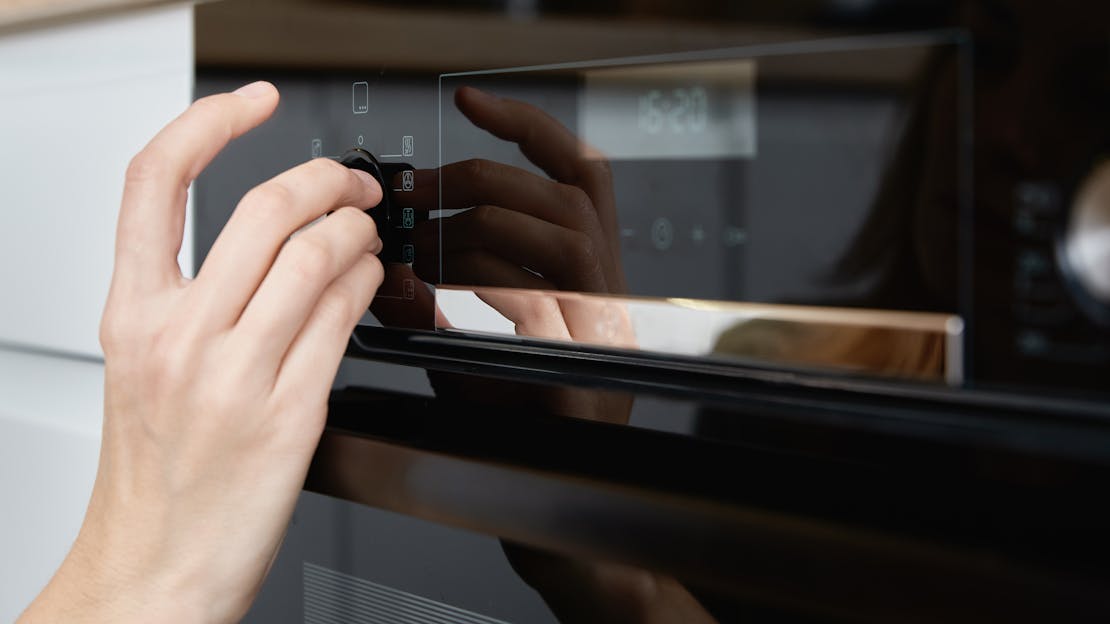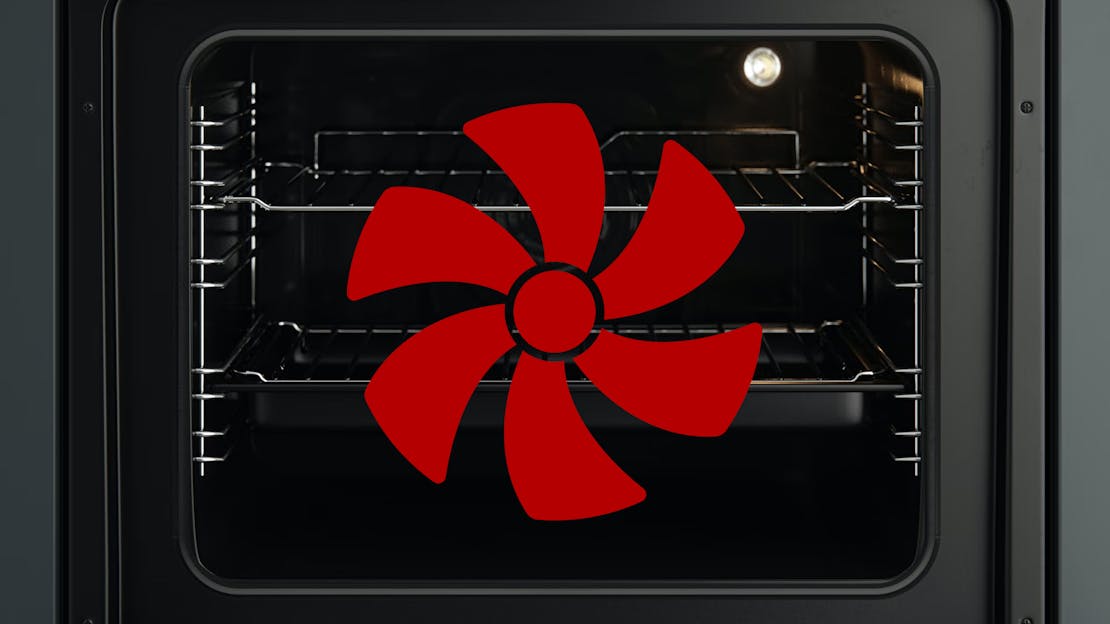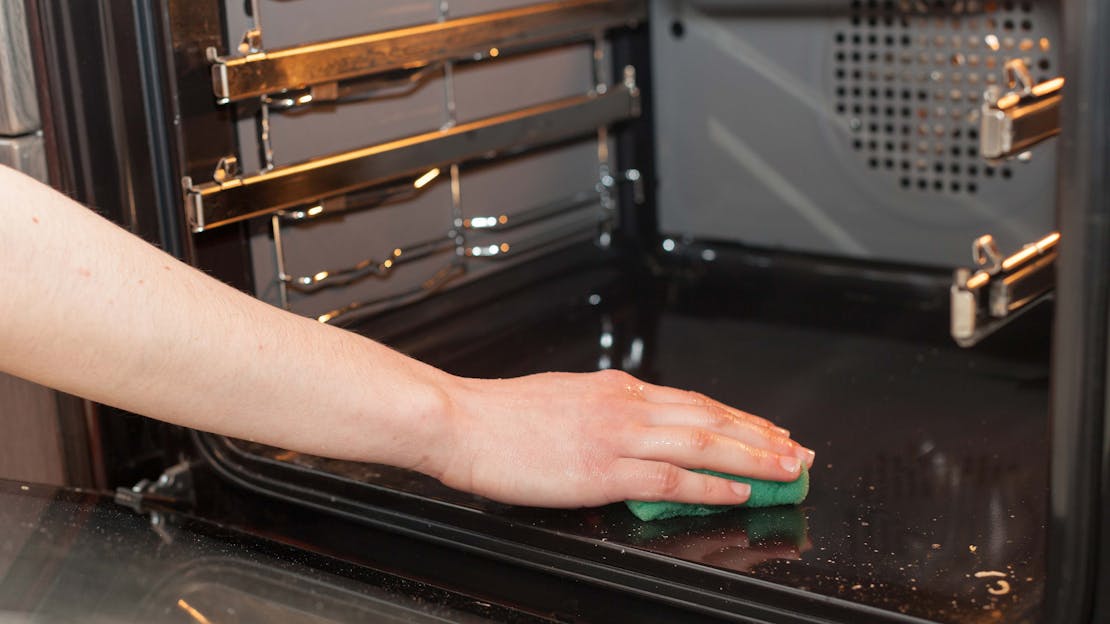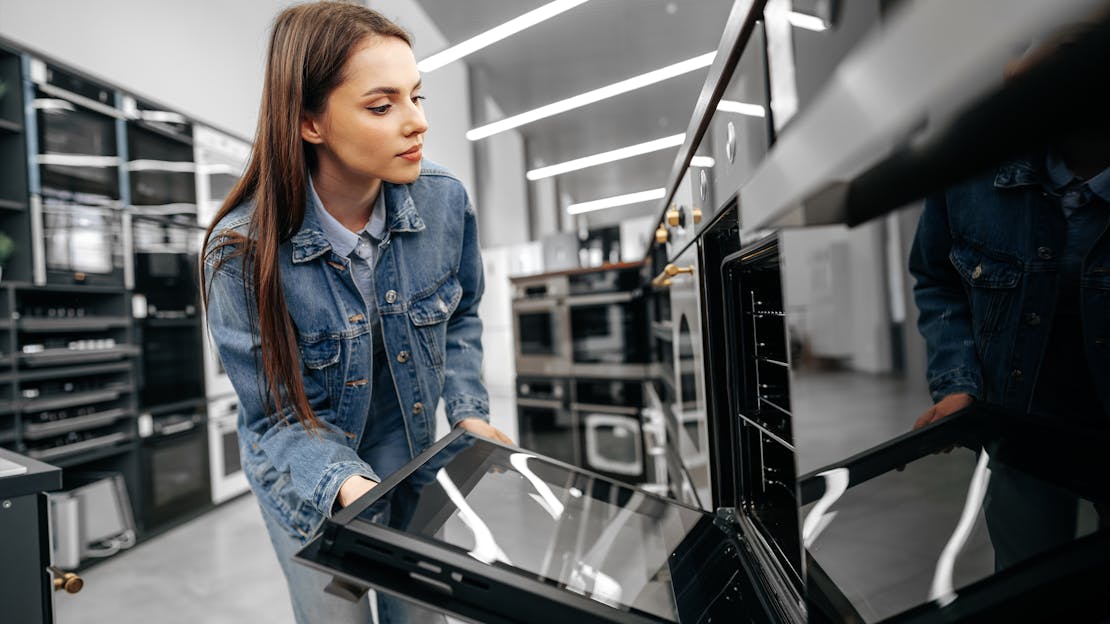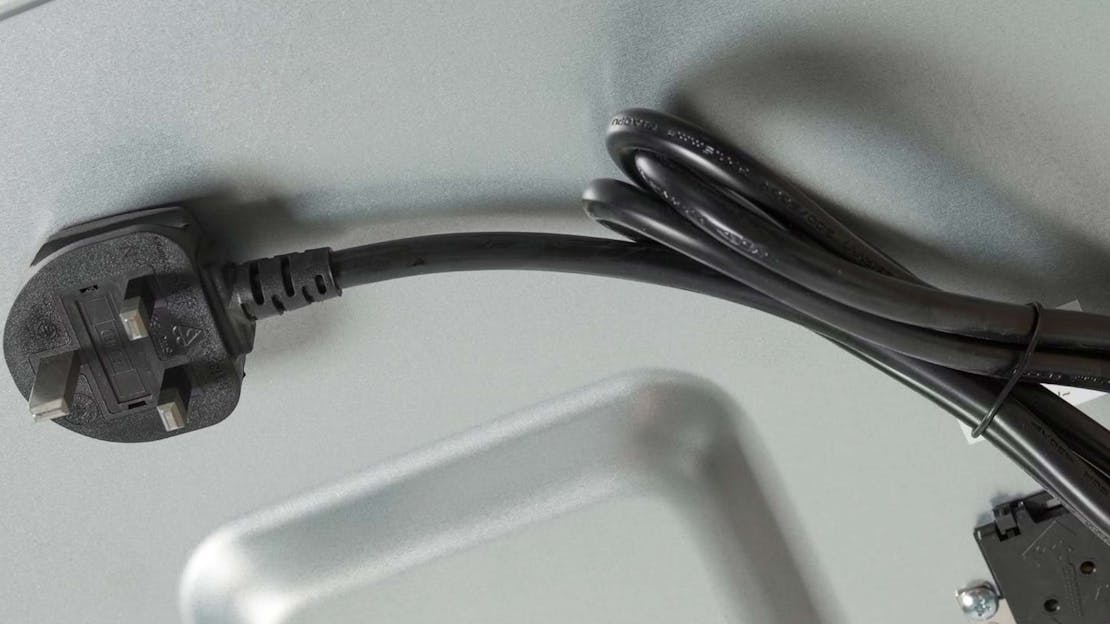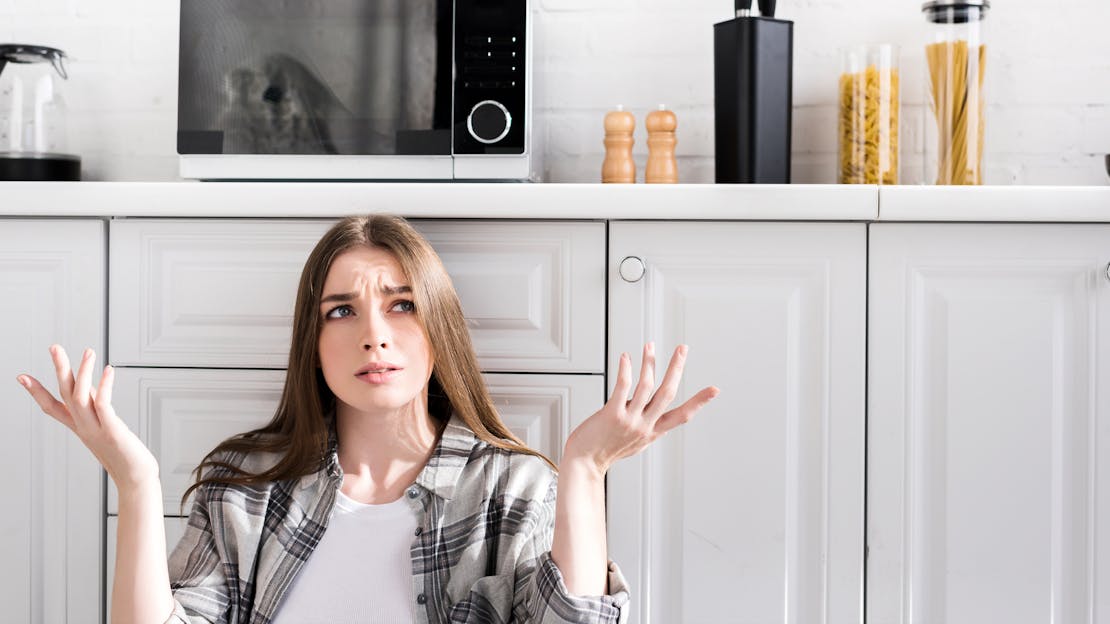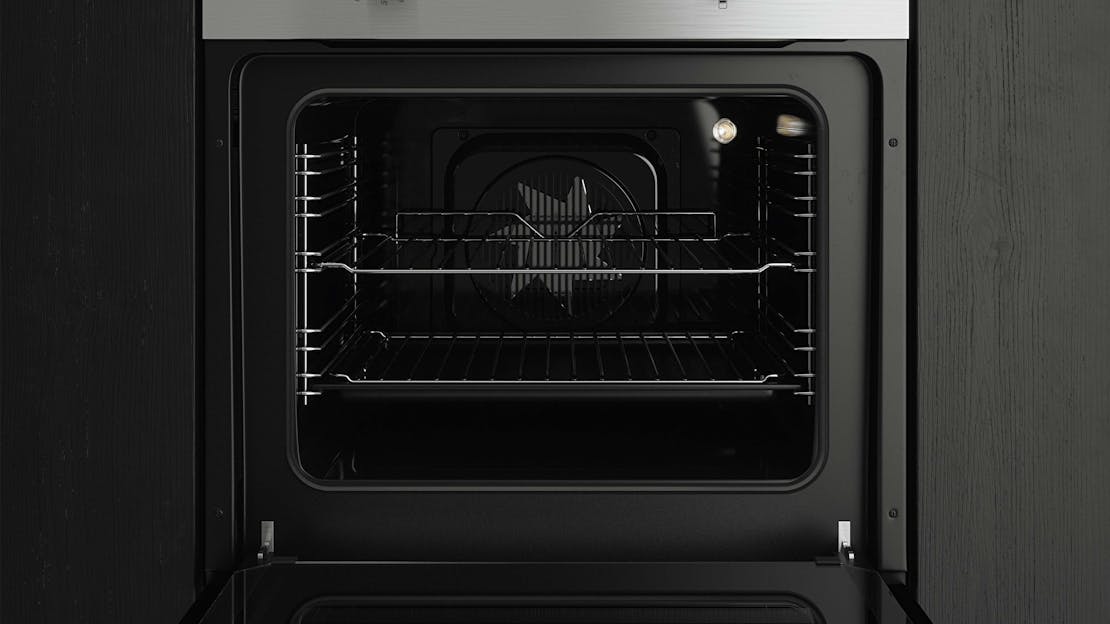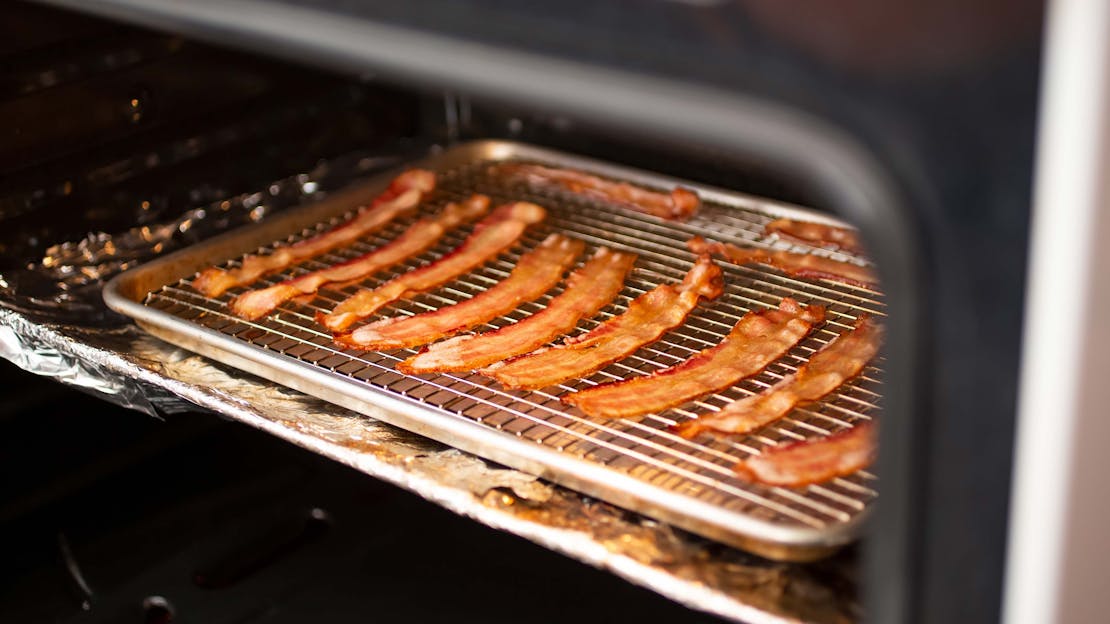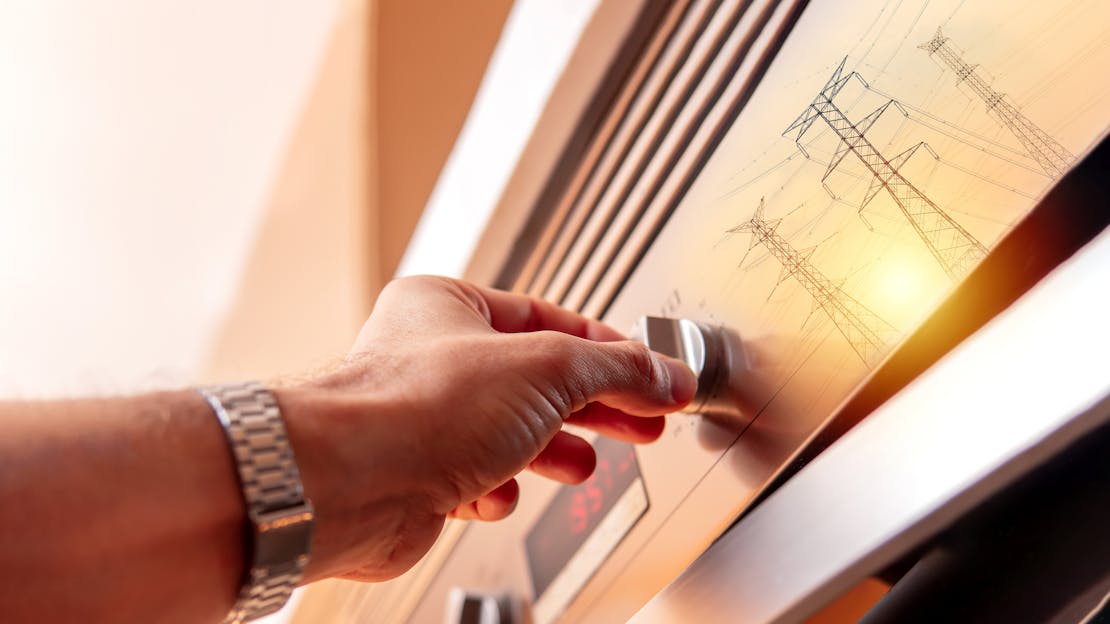
How much does it cost to run an electric oven?
Electric ovens are a common feature in many UK kitchens, perfect for baking, roasting, and grilling our favourite dishes. However, with rising energy costs and increasing awareness about energy efficiency, it’s important to understand how much electricity an electric oven uses. This article will guide you through the factors that affect your oven's energy consumption, how to calculate the costs, and provide tips on reducing electricity use.
How Electric Ovens Work
Electric ovens function by converting electrical energy into heat through heating elements positioned in the top and bottom of the oven. These elements provide consistent, even heat, making electric ovens ideal for precise cooking. Most ovens come with various cooking modes, such as baking, grilling, or fan-assisted cooking. Each mode uses energy differently, with fan-assisted cooking often being the most energy-efficient as the fan circulates hot air, reducing cooking times.
Ovens also come with energy efficiency ratings, such as the EU Energy Label, which give consumers a clear idea of the oven’s efficiency. These labels help you select a model that uses less energy while still delivering excellent performance.
Factors That Affect Electricity Usage
Several factors influence how much electricity your electric oven consumes:
- Oven size: Larger ovens require more energy to heat due to their increased capacity. Smaller ovens use less energy because they have less space to heat.
- Wattage: Electric ovens typically operate between 2000 and 5000 watts, with higher wattage ovens using more electricity.
- Cooking duration and temperature: Longer cooking times and higher temperatures result in more energy consumption. For example, cooking a dish at 200°C for two hours will use more energy than baking something at 180°C for 30 minutes.
- Efficiency features: Some ovens come with energy-saving features, such as fan-assisted cooking, self-cleaning functions, or better insulation, all of which can help reduce electricity use.
- Standby power: Even when not in use, electric ovens can draw a small amount of electricity if left plugged in. This is known as "phantom load," and while typically small, it can add up over time.
How to Calculate the Electricity Cost of Using an Electric Oven
You can estimate the electricity consumption and cost of running your electric oven using the following simple formula:
Energy consumption (kWh) = (Wattage (W) × Hours used) ÷ 1000
To calculate the cost, multiply the energy consumption by your electricity rate:
Cost = Energy consumption (kWh) × Cost per kWh
Let’s break it down with an example. Suppose you have a 3000W oven, and you use it for 2 hours. Your electricity rate is £0.30 per kWh.
| Parameter | Value |
|---|---|
| Oven wattage | 3000 W |
| Hours used | 2 hours |
| Energy rate per kWh | £0.30 |
Step 1: Calculate Energy Consumption
Energy consumption = (3000 W × 2 hours) ÷ 1000 = 6 kWh
| Calculation | Result |
|---|---|
| Energy consumption (kWh) | 6 kWh |
Step 2: Calculate the Cost
Cost = 6 kWh × £0.30 = £1.80
| Calculation | Result |
|---|---|
| Total cost | £1.80 |
So, using a 3000W electric oven for 2 hours would cost you £1.80 at an electricity rate of £0.30 per kWh.
Summary of Different Usage Scenarios
Here’s a table summarising different usage scenarios for a 3000W oven:
| Hours Used | Energy Consumption (kWh) | Cost (£0.30 per kWh) |
|---|---|---|
| 1 hour | 3 kWh | £0.90 |
| 2 hours | 6 kWh | £1.80 |
| 3 hours | 9 kWh | £2.70 |
| 4 hours | 12 kWh | £3.60 |
This method can be applied to any oven wattage and electricity rate to help you calculate and manage your energy costs.
How Much Energy Does an Average Electric Oven Use?
The average energy consumption of an electric oven depends on its size, wattage, and how often it’s used. Typically, electric ovens consume between 2.5 and 4.5 kWh per hour of cooking.
If you use your oven regularly—say five times a week for an hour—this could result in a monthly usage of around 40-90 kWh. That would translate into roughly £12 to £27 per month in energy costs, depending on your electricity rate.
Compared to other kitchen appliances, ovens generally use more electricity than microwaves or kettles, but less than fridges, which run continuously.
Tips to Reduce Electricity Consumption
To help reduce your energy consumption and lower your electricity bills, here are some practical tips for using your electric oven efficiently:
- Use fan-assisted mode: Fan-assisted ovens circulate hot air, which reduces cooking time and lowers energy use.
- Batch cooking: Whenever possible, cook multiple dishes at once to reduce the total amount of time the oven is on.
- Limit preheating: Only preheat the oven when absolutely necessary. Many dishes, such as casseroles and roasts, can go straight into the oven without preheating.
- Check door seals: Poor insulation can cause heat to escape, making your oven work harder and use more energy. Make sure the door seals are in good condition.
- Utilise residual heat: Turn off the oven a few minutes before the end of the cooking time and allow residual heat to finish cooking your dish. This can save a small but noticeable amount of energy.
- Use the right cookware: Glass and ceramic dishes retain heat better than metal ones, allowing you to cook at lower temperatures or for shorter periods.
Energy-Efficient Electric Ovens
If you're in the market for a new oven, consider investing in one with energy-efficient features. Modern ovens may include smart technology, allowing for more precise control of cooking times and temperatures, which can help reduce energy consumption. Dual-zone cooking, where the oven can cook two different dishes at different temperatures, is another energy-saving feature.
Upgrading to an oven with a better energy rating can make a big difference over time. While the initial cost may be higher, the energy savings will offset the price over the long run.
Conclusion
Electric ovens are one of the more energy-intensive appliances in the kitchen, but by adopting smarter usage habits and choosing an energy-efficient model, you can control both electricity consumption and costs. By understanding factors such as oven size, wattage, and cooking habits, you can make more informed decisions about your energy use. Following the tips mentioned in this article will help you save energy and reduce your electricity bills without compromising on cooking quality.
FAQs
How much does it cost to run an electric oven for an hour? On average, it costs between 45p and £1.50 per hour, depending on your oven’s wattage and your electricity rate.
Do electric ovens use more electricity than gas ovens? Yes, electric ovens typically use more energy than gas ovens, but they often offer better heat distribution and precision cooking.
How can I reduce my oven’s electricity usage without compromising cooking quality? Use fan-assisted mode, batch cook, limit preheating, and turn off the oven early to take advantage of residual heat.
By following these tips, you can make your kitchen more energy-efficient and keep your electricity bills in check.
Top Selling Single Electric Ovens from MyAppliances
Upgrade your kitchen with our range of ovens, including fan, multifunction, and self-cleaning options. From even heat distribution in fan ovens to versatile cooking modes in multifunction ovens and hassle-free maintenance with self cleaning ovens, we have everything to suit your cooking needs. Experience convenience and innovation in your kitchen with our oven solutions.
Everything you need to know about Ovens
Everything you need to know about Ovens
Ovens are indispensable appliances in the modern kitchen, serving as versatile tools for a wide range of cooking and baking tasks. Understanding the ins and outs of ovens can greatly enhance your cooking experience. In our guides, we delve into everything you need to know about ovens, from their types and features to tips on using them effectively.
![The Ultimate Guide to Single Electric Ovens]()
This comprehensive guide is designed to empower you with the knowledge needed to make an informed decision when selecting a single electric oven for your kitchen. Throughout this guide, we will delve into various aspects of single electric ovens.
![The Ultimate Guide to Double Ovens]()
If you're in the market for a versatile cooking appliance that can revolutionise your culinary experience, you're in the right place. In this guide, we'll explore what double ovens are, how they differ from their single counterparts, and the numerous benefits they bring to your kitchen.
![The Ultimate Guide to Gas Ovens]()
In this comprehensive guide, we'll delve into the history and evolution of gas ovens, explore their advantages and disadvantages, and provide you with everything you need to know about selecting, installing, and maintaining these kitchen appliances.
![Ultimate Oven Buying Guide]()
Welcome to the comprehensive guide on electric ovens! Whether you're a passionate home cook or someone who simply enjoys preparing delicious meals, this guide is here to provide you with valuable insights into the world of electric ovens.
![The Ultimate Pyrolytic Oven Guide]()
A pyrolytic oven is a self-cleaning appliance that utilises high temperatures to incinerate food residue and grease, eliminating the need for manual scrubbing. During the cleaning cycle, which reaches temperatures as high as 400 to 500 degrees Celsius, the oven locks its door and converts organic matter into ash.
![The Ultimate Guide to Oven Functions]()
In this comprehensive guide, we delve into these multifaceted functions, revealing how ovens can elevate your cooking experience, ensure safety, provide convenience, and simplify maintenance.
![The Ultimate Guide to Fan Ovens]()
A fan oven, also known as a convection oven, is an appliance that utilises a fan to circulate hot air evenly, resulting in more uniform cooking, quicker cooking times, and precise temperature control.
![Pyrolytic, Catalytic or Steam Clean Ovens?]()
Can you confidently compare pyrolytic, catalytic, and steam-cleaning ovens if you were in the market for a new one? If not, you're not alone in this predicament! Nevertheless, it's a vital question to address, even though it won't be the sole determinant in your choice. Presently, the three primary cleaning modes - pyrolysis, catalysis, and steam cleaning - each possess their own merits and limitations.
![How to Clean an Oven Quickly, Easily and Thoroughly]()
In this article, we address frequently asked questions about oven cleaning and provide valuable tips and advice to assist you in achieving a sparkling and well-maintained oven.
![Choosing the Best Single Oven for Your Household]()
Choosing the best single oven for your household can be a daunting task, given the wide range of options available on the market. In this guide, we will provide recommendations for the best single oven for different types of households.
![Can I plug my oven into a normal socket?]()
Electric ovens have a kW rating that tells you how much power they use. For ovens under 3kW, it is perfectly acceptable to power them using a regular 13 amp plug and socket.
![What's the difference between a double oven vs single oven?]()
When searching for a new built-in oven, the abundance of options available can quickly lead to feelings of overwhelm. To navigate this extensive selection, it's crucial to begin by considering the type of built-in oven that would be the perfect fit for your home.
![What is a good size oven capacity?]()
Oven capacity refers to the internal volume or space available inside an oven for cooking and baking purposes. The average capacity of a single oven is typically around 60 litres.
![Do all ovens have a grill?]()
The availability of a grill feature in an oven depends on the specific model and type of oven. While many ovens are designed with a built-in grill element, there are also ovens that are solely focused on baking and do not include a grill function.

